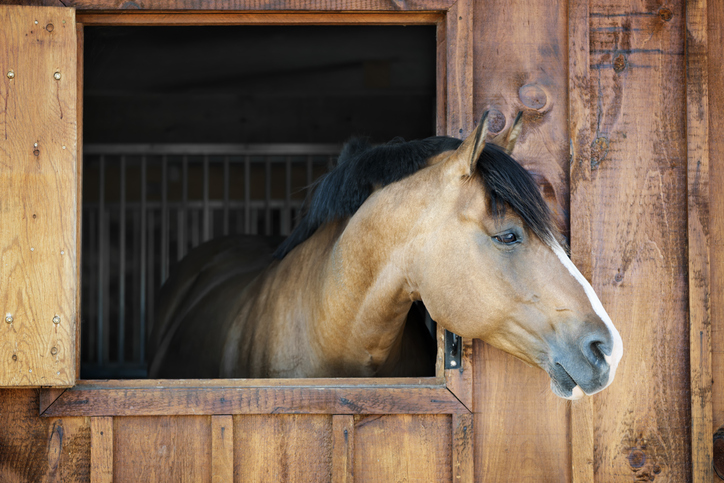Horse Lease Agreement
In the equine community, it is quite common to lease a horse. Leasing a horse provides benefits to both the lessor and lessee. For the horse lessor, it can help offset the expenses that come with owning a horse. Plus, if the owner does not have enough time to frequently ride his or her horse, leasing is a good option to help the horse receive regular exercise and remain healthy. For the horse lessee, leasing can be a more affordable option than owning a horse. It can also allow him or her to ensure they are ready for horse ownership without the stress of a long-term commitment.
The Process of Leasing a Horse
When leasing a horse, you are entering into a legally binding contract. The leasing process should be taken seriously by both parties. In order for you to find the right horse for your needs, you should do your research before signing any agreement. It is very important that you choose a horse that matches your riding abilities and riding goals.
When meeting with the horse owner(s), be sure to ask questions to learn about the horse’s overall history and temperament. Request copies of the horse’s veterinarian records to learn about its health. You can ask to have the vet conduct an exam prior to signing the lease. Also, always ride a horse before signing any leasing agreement. If you are new to horse riding, ask a horse trainer or a seasoned equestrian to join you for the test ride. He or she will be able to give you a professional and experienced opinion.
Types of Horse Lease Agreements
Just like leasing a house or car, there are different types of horse lease agreements to choose from. While every lease agreement is different, the two most common leases are:
- Partial Lease Agreement: This is commonly referred to as a “half lease.” With this type of lease, you are able to ride the horse a set number of days per week. The number of days can vary from lease to lease, and it will typically affect the fixed monthly payment. Most often, you are sharing the horse with other riders or the owner. You might be asked to pay a percentage of the vet and boarding bills. In some leases, you might only be responsible for paying a riding fee. If you have never owned or leased a horse before, a partial lease agreement might be the most convenient, cost-effective option for you rather than a full lease agreement.
- Full Lease Agreement: With a full lease, you are typically responsible for paying for all of the horse’s expenses, including feed, boarding, and veterinarian bills. In addition to the general expenses, there might also be a lease fee. This fee will be a calculated percentage of the horse’s overall value. In a full lease, you are the only individual riding the horse and you can usually ride it whenever you want. Depending on the owner, you might be able to keep the horse at your own barn. However, some horse lessors require that the horse remains on their premises or at their boarding facility. A full lease is the closest option to owning your own horse without having to make long-term decisions for the horse, such as retiring, selling, or end-of-life care.
Both equine leasing agreements have their pros and cons. Plus, there are other leasing options available. In order to choose the best lease for you, you should consider consulting with an experienced equine lawyer.
Working with an Equine Law Firm to Lease a Horse
Not only can an equine law firm help you decide on a leasing agreement, they can help you with the entire horse leasing process. At Clayborne & Wagner LLP, we are well-versed in all areas of equestrian law. We work with clients on both equine transactions and litigation claims involving personal injury, property damage and breach of contract. For more information on our equine law practice led by attorney Corinne Mitchell, visit https://www.cswlawllp.com/equine-law-services/. If you have questions regarding leasing out your horse or leasing a horse for yourself, you can contact our team.

